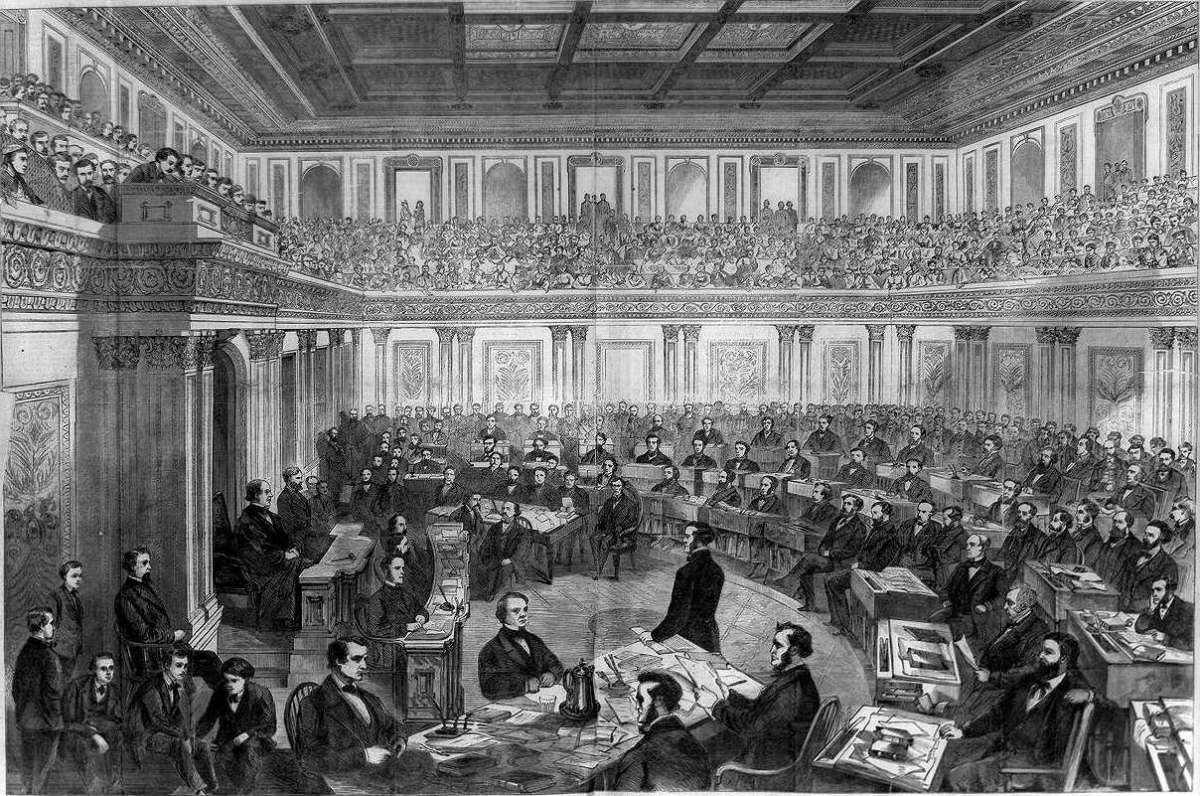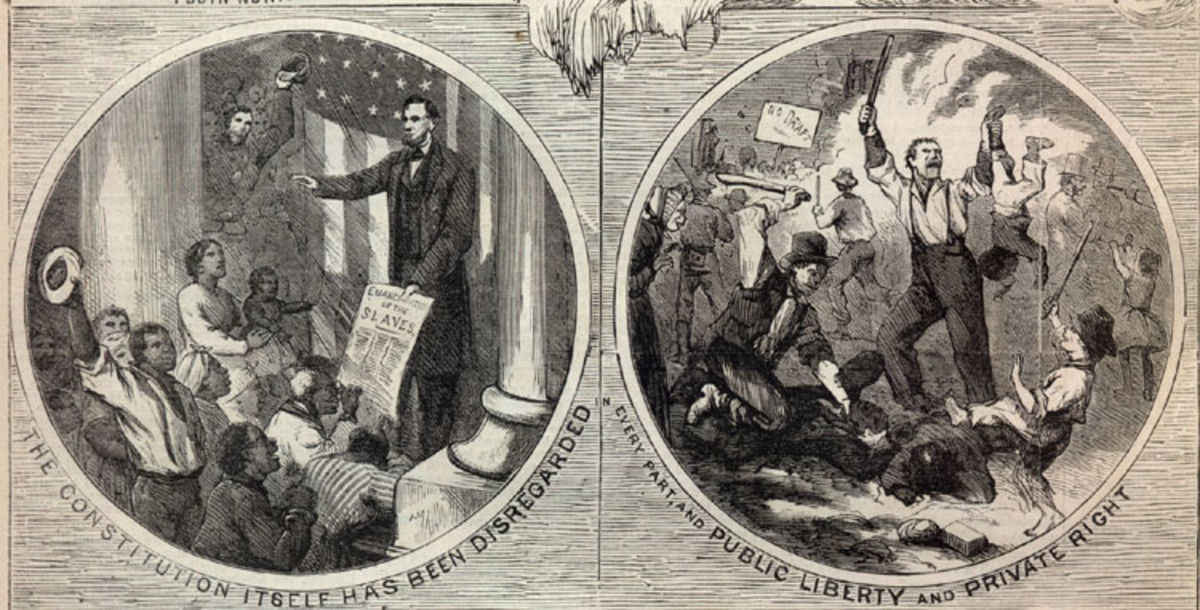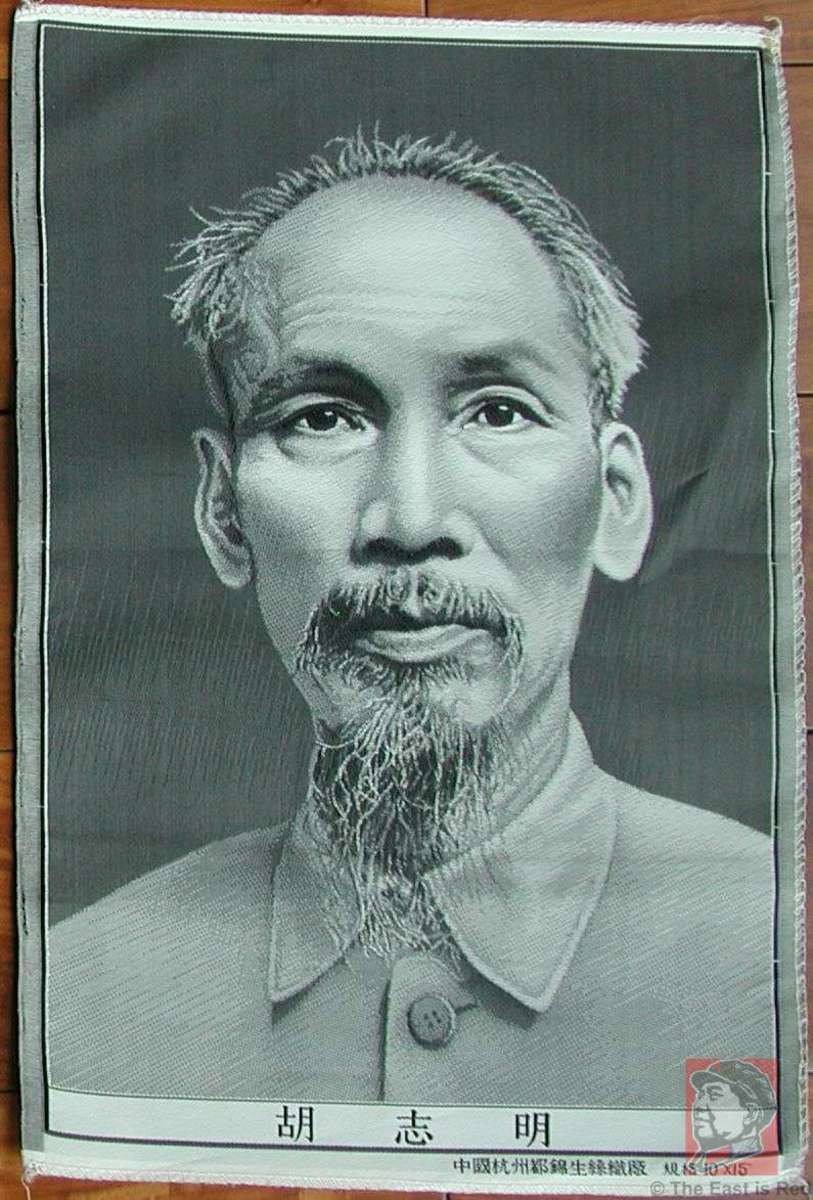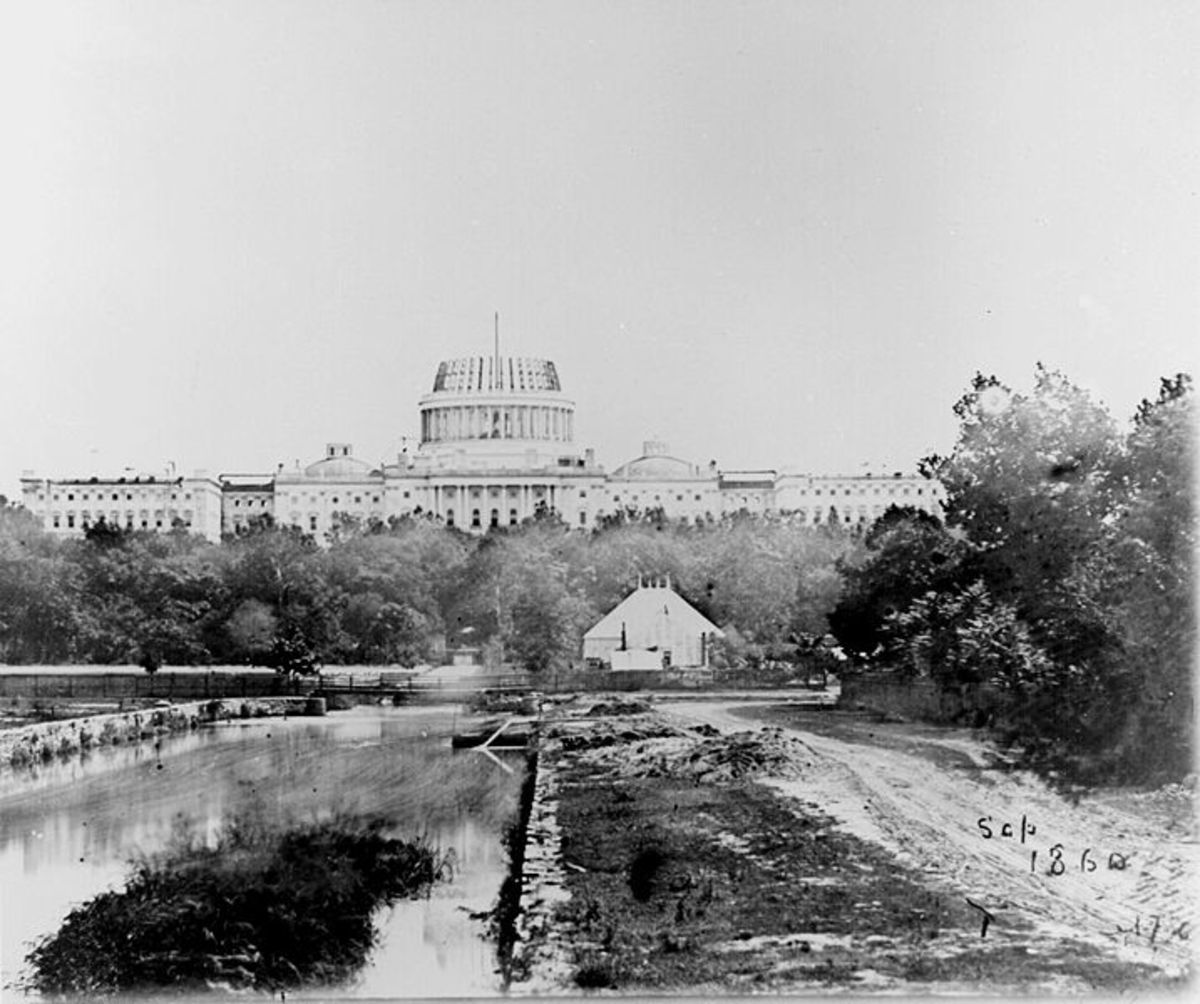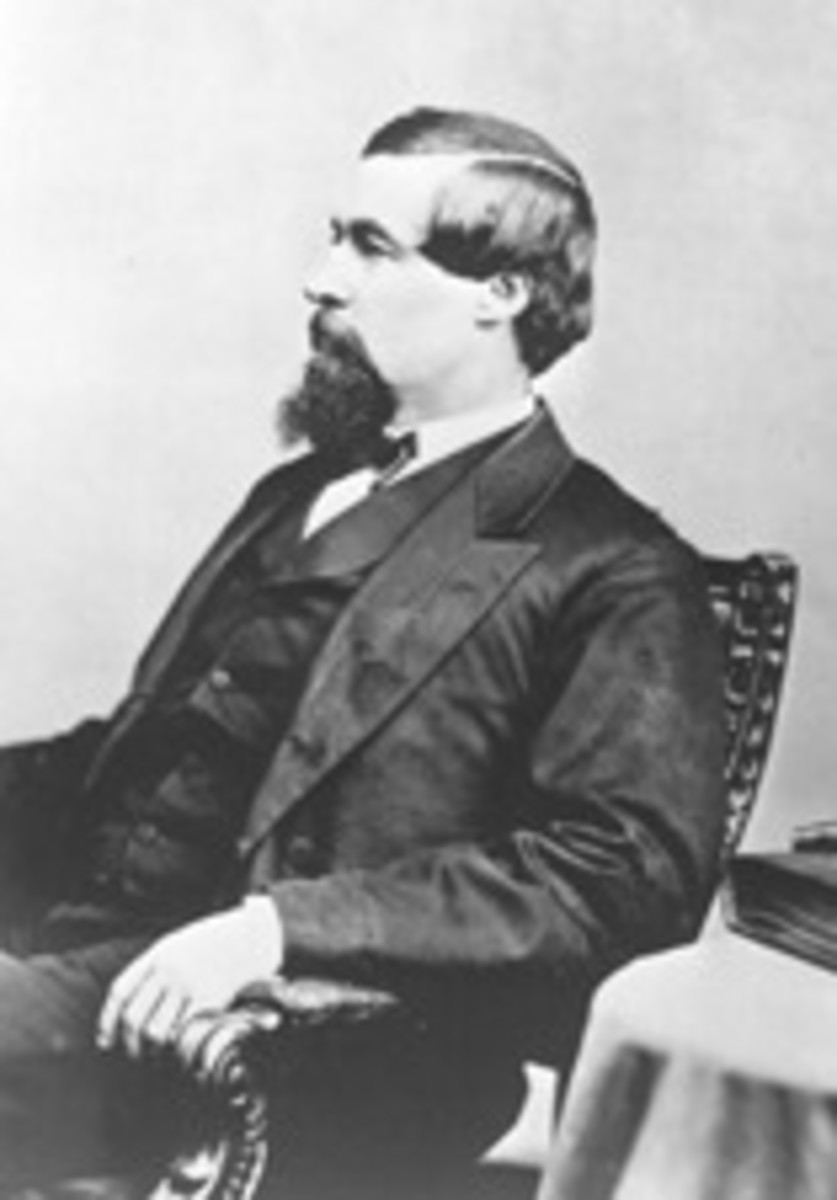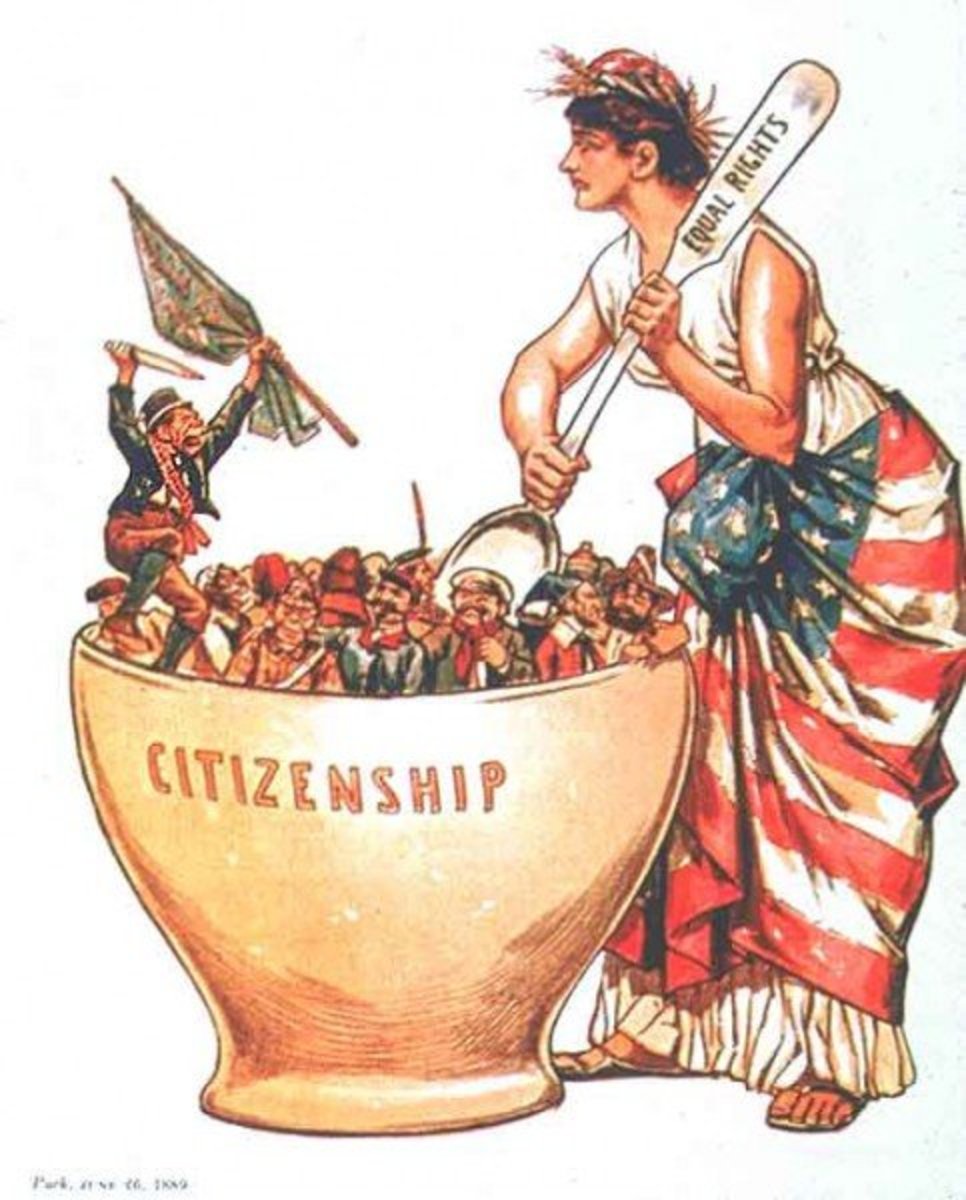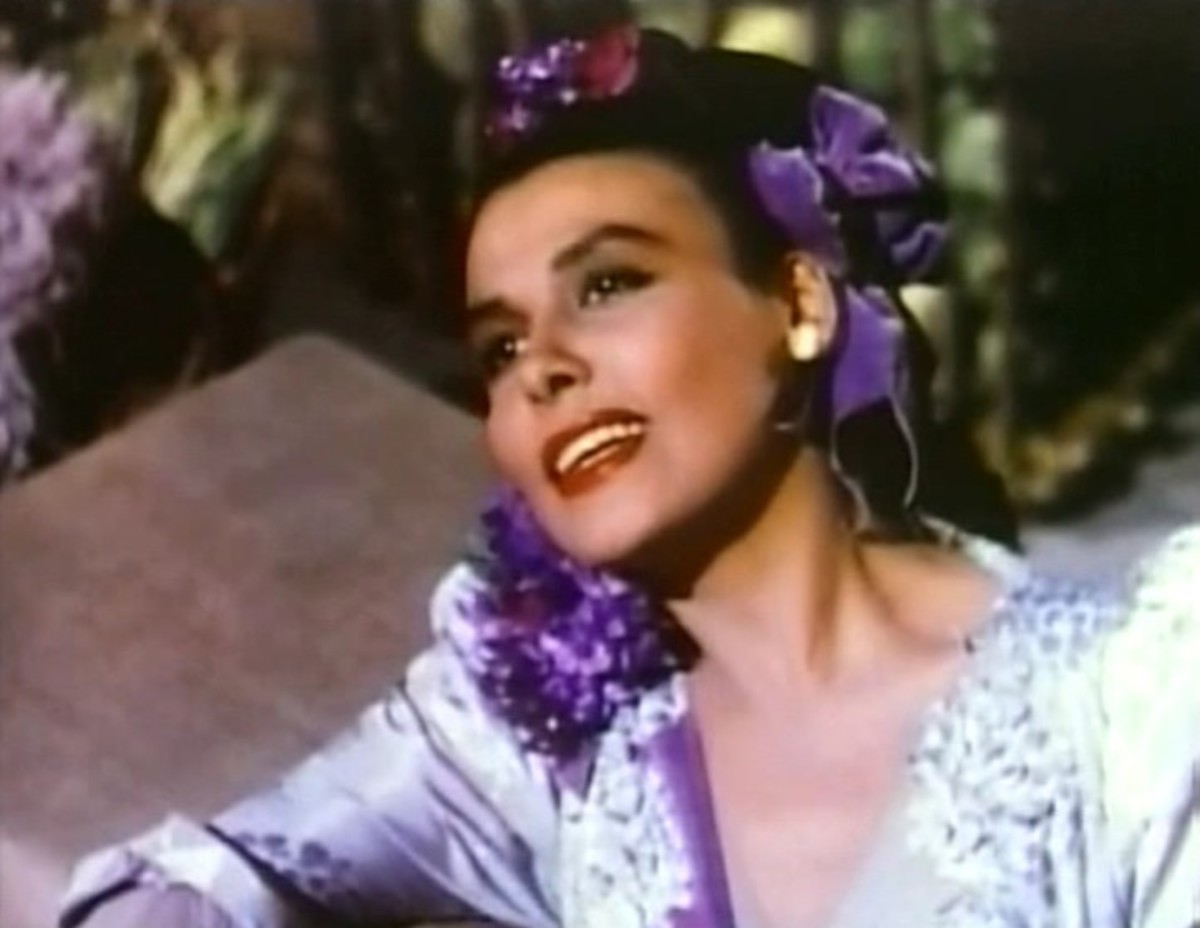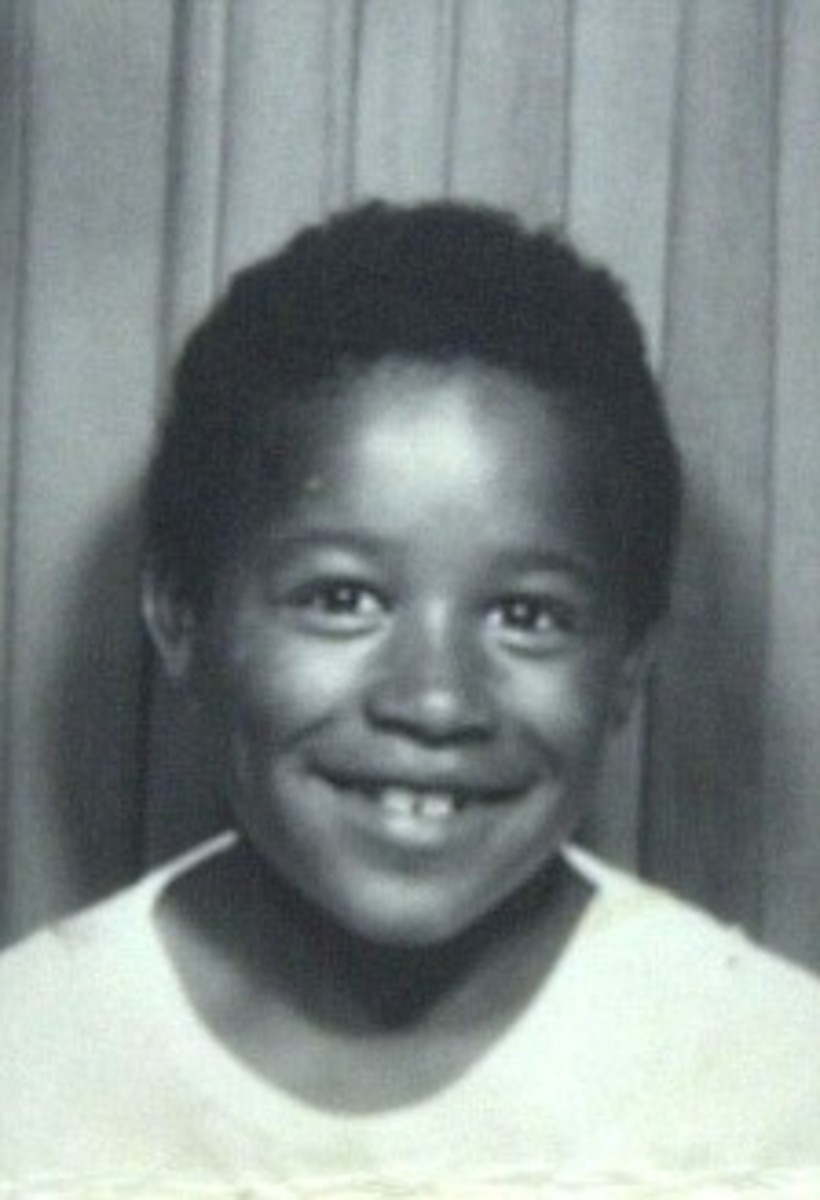Andrew Johnson & Thaddeus Stevens: The Race Relations After the Civil War
The 15th Amendment
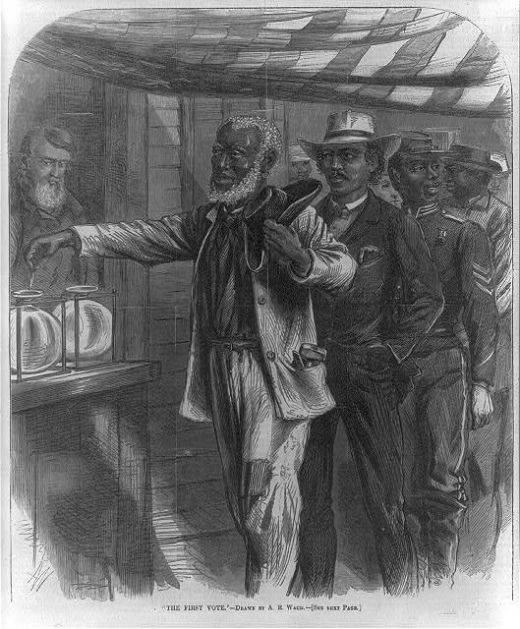
The Reconstruction Era Race Relations
Andrew Johnson & Thaddeus Stevens answer questions on the Republican Reconstruction Policy After the Civil War (An Imaginary joint interview session took place in 2010.)
By Michael M. Nakade
Interviewer: Before starting a debate, will you please say a few things about yourself. President Andrew Johnson, will you please go first.
AJ: I’m much like my hero, Andrew Jackson. I grew up poor and was given no chance to go to school. I taught myself everything. With my intelligence and hard work, I climbed up the ranks in politics. I was a House of Representative. Then, a governor. Then, a senator. Always representing the Great southern state of Tennessee.
I owned a few slaves myself. I did not see slavery as an immoral institution. After all, it was guaranteed in the original constitution of the United States.
Interviewer: Thank you, Mr. President. Now, Mr. Stevens, it is your turn.
TS: I grew up poor in Vermont. My biological father left me and my mother when I was one-year-old. I also had a club foot. I had to use a cane to walk around, and as a kid, I was bullied often. But, I persevered. I studied law at Dartmouth College in New Hampshire. Later, I moved to southern Pennsylvania and became an attorney.
Interviewer: Thank you, Mr. Stevens. Now, we can see clearly how different you and President Johnson are. Now, let me ask you, President Johnson, how did you become the president of the United States?
AJ: When Abraham Lincoln was elected as a Republican Party candidate in 1860, I was sad because my home state of Tennessee would soon secede from the Union. As much as I loved my home state, I also believed that the Union had to be preserved. As my hero, Andrew Jackson insisted during South Carolina’s secession crisis in 1830s, I insisted that the Union between the states was to be maintained. I became one of those rare slave- holding Southerners who opposed the creation of Confederate States of America. I pledged my loyalty to the Union in 1861 when the War broke out. When the year 1864 rolled around, Abraham Lincoln was looking for his vice president running mate. Until the fall of Atlanta in September of that year, his re-election was uncertain. He wanted to balance the ticket by having me as his running mate. He had calculated that I would be both friendly and sympathetic to the Southern sympathizers and that my being a vice president would help heal the wounds of a divided nation. He had no idea that he would be assassinated and that I would be the president soon after his second term inauguration. It was really too bad that he was killed. He and I would have been a good team.
Moderator: Thank you, Mr. Johnson. Now, let me ask Mr. Stevens. How did you become an ardent Abolitionist?
TS: I witnessed the cruelty of slavery first hand when I worked as a trial lawyer involved in a runaway slave case in the 1820s. I was arguing on behalf of the slave owner. I won the case for the owner, and it made me sick to my stomach. I vowed NEVER AGAIN that I’d promote and defend the institution of slavery. I soon found myself in the Underground Railroad activities to help fugitive slaves. Yes. I became a vocal and unabashed Abolitionist. To tell you the truth, I was frustrated by the slowness of Abe Lincoln’s Emancipation Proclamation. When he announced it on Jan. 1, 1863, I was saying to myself: “What took you so long!” To me, the reason for this great civil war was obvious. The North was fighting to abolish the slavery so that America would no longer live in this sin. It was WRONG to have this system from the beginning. I felt very strongly that America needed to abolish slavery immediately and that freed men would be treated as white people’s equal. Through my work in the Underground Railroad, I had come to know many black folks, including my dear friend and housekeeper, Lydia. They are good people. They must be treated with respect just like everyone else. My vision for the future of America is that everyone, regardless of his or her skin color, would be equal.
Interviewer: Thank you, Mr. Stevens for your answer. Now, President Johnson, will you tell us your feelings about President Lincoln’s plan for the reconstruction of the southern half of the nation?
AJ: After Lincoln’s untimely death, I tried to continue his Reconstruction Policy. I thought it was good to be kind and sympathetic to the people of the defeated South so that the Union could be restored without harsh feelings for both sides. As a Southerner, I accepted that the North won the war and that the institution of slavery came to an end. The 13th Amendment was the reward for the North. I supported Mr. Lincoln’s offer of “10% allegiance rule” to bring back those 11 former Confederate states. It was both sensible and practical.
Interviewer: Thank you, President Johnson. Now, Mr. Stevens, what was your feelings regarding Mr. Lincoln’s original plans for the Reconstruction?
TS: Let me first say that I was not at all happy when Andrew Johnson, the slave holding Southern man, became the president of the United States of America. His sympathetic policy toward the South would negate all the sacrifices that the North made during the bloody four years of fighting. Those Southerners rebelled against the flag of the United States and caused so many deaths. Now, they’d be re-admitted to the Union with only 10% of them saying they were sorry! Furthermore, Alex Stephens, the former Confederate V.P. was coming back to the U.S. Senate, representing the State of Georgia. You’ve got to be kidding me. That was NOT acceptable to me and to millions of people in the North. The South must pay the price for causing the Civil War! Lincoln’s policy was unreasonably lenient.
Interviewer: Thank you, Mr. Stevens, for expressing your candid feelings on the matter. Now, President Johnson, how did you feel when Mr. Stevens and other Northern Republican leaders were expressing their outrage against the defeated South?
AJ: To put it bluntly, I thought
that the Northern abolitionists were getting vengeful. They just didn’t understand southern culture
and southern people. I felt I had to do
everything I could to teach those Yankee men that the South would be neither
ready nor willing to embrace the idea of racial equality. Blacks were slaves in
the South for many, many generations.
Whites were so used to treating them as ‘properties.’ They couldn’t change overnight and live
happily with freed blacks side by side as equals. It was totally understandable that the Black
Codes were created after the Emancipation so that the blacks would be put into
the proper place. That was the right thing for the Southerners to do.
Interviewer: Thank you, President Johnson. Now, Mr. Stevens, what was your feelings regarding the creation of the Black Codes in the South shortly after the War?
TS: I was stunned to learn that the South started the Black Codes to restrict freedmen’s civil rights and freedom. The South lost the war. They’d have to accept the terms and conditions of a defeated side. I encouraged my fellow congressmen to pass the new legislation that would guarantee civil rights for all men and women in the South. As a victor, the North had the right to establish the new social order in the defeated South. If Andrew Johnson was going to veto the legislation, we could easily override his veto with the 2/3 majority votes. With a Republican dominated congress, I knew that the Northern leaders could do just about everything to replace the evil southern social order with the new social order in the South.
Interviewer: Thank you, Mr. Stevens for making your feelings and intentions known regarding the Black Code in the South. Now, President Johnson, how did you feel when the Radical Republicans began passing new laws for the defeated South?
AJ: Those Radical Republicans just didn’t get it. They were advocating for the amendment to the constitution to guarantee civil rights for freed slaves in the South. They wanted to give citizenships to everyone, except the Savage Indians. They wanted to guarantee “due process” and “equal protection” for all blacks in each state. My feeling on these was: You’ve got to be kidding me! White majority in the South were not ready for this. I was not ready for this. I knew it because I’m from Tennessee. I had to tell those former Confederate States to reject the 14th Amendment. And, yes! 10 out of 11 former states rejected this ridiculous amendment.
Interviewer: Thank you, President Johnson for sharing your feelings with us. Now, Mr. Stevens, how did you deal with the fact that 10 out of 11 former Confederate states rejecting the proposed 14th Amendment?
TS: I was very angry at Andrew Johnson for getting in the way with his frequent vetoes over the Republican led congress’s Reconstruction plans. I was determined to teach him a lesson. Our Republican led congress could remove him from the Oval Office through the impeachment proceeding. We would come up with some charges against him. Then, the House would vote to impeach him with a simple majority vote. Then, the Senate would try him. With a 2/3 majority, he’d be found guilty and be removed. At least that was my plan. Well, we had him tried in the Senate but couldn’t convict him. He ended up staying in the White House for another year after that. We failed to convict him by one vote. Just one vote. Oh well. As for the 14th Amendment, I was stunned that those defeated South had their way, refusing to ratify the 14th Amendment. This Amendment was going to be the first step toward race equality in this country. We had to have it passed. This amendment and the next one, the 15th, would be the crowing achievements of the North’s victory against the slave-holding former Confederate states. We shall win, no matter what. I propose that we punish those 10 states by dividing them into five different military districts. We’d help them create a new state government in each district. Our northern soldiers would be there, and they would make sure that those defeated Southerners would do what we tell them to do. And, Yes! Thank God! The 14th Amendment was ratified in July 1868. I died one month later, and I was glad that I lived long enough to see it.
Interviewer: Thank you, Mr. Stevens. Now, President Johnson, what was going through your mind during the summer of 1868?
AJ: I lived through some pretty rough times. I did what I could do to help the nation heal its deep hurt from the Civil War. I used my veto power many times, but in the end, I lost the battle. Those Radical Republicans were crazy. They even gave the freed black men the right to vote in 1870 through the 15th Amendment. The southerners had to agree to all those Reconstruction policies only because of the presence of Yankee soldiers in their back yards. I know those southerners would go back to the old ways just as soon as the Yankees leave. And, I was right. After the corrupt election of 1876, the Yankees left. Then, the Southern society became completely segregated just as I predicted. If only the Northerners understood how we felt about the race relations in the South, they would have moved much slower.
Interviewer: Thank you, Mr. President. Thank you, Mr. Stevens. This concludes our interview session.
(This work was inspired by Knowledge Product’s Lecture Series on The United States Constitution – Bill of Rights and Other Amendments, created by Jeffrey Rogers Hummel and narrated by Walter Cronkite. 1987.)

